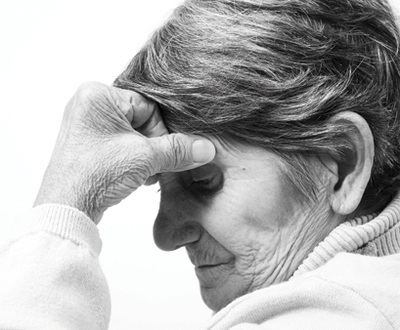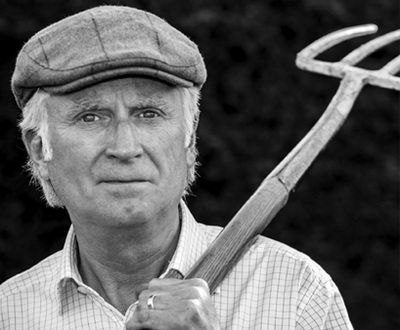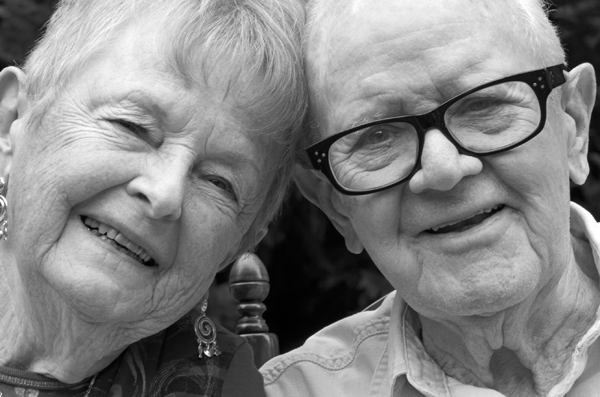What is homeopathy?
|
Homeopathy is a long-established system of holistic and natural medicine practised throughout the world. It has been working successfully for well over two hundred years now, is continuing to develop, and the World Health Organisation recognises it as the second most used form of medicine across the world today [1]. In the UK alone it is estimated that around eleven million people regularly benefit from its use as a complementary or alternative choice in their medical or therapeutic needs, and that number IS growing. [2]
What is 'holistic' medicine?
Holistic medicine views symptoms or conditions as the surface signs - the 'expression' - of something bein out of kilter somewhere within the entire living system of body and mind that makes up a whole person. When that person’s normal, natural ability to heal can't sort out such an imbalance or block, symptoms will keep recurring and interfering with healthy function and natural well-being. At this point the need for medicine of some kind arises, at whichever level the disease or dis-ease originates. Homeopathy works toward settling the bothersome symptoms and ‘re-tuning’ the individual's system toward a better or best state of health and well-being.
|
“I will admit I didn't notice much for the first 3-4 days and started to get a bit defeatist, but then, after about the one week mark, things started to happen.” “I would wholeheartedly recommend Sandra’s practice to anyone who needs support to deal with health problems, safely and without the fear of side effects.” “Sandra has helped me and members of my family with homeopathic remedies for a number of conditions, including hay-fever, labyrinthitis and stress-related symptoms. … In mine and my family's experience, the remedies prescribed have proved to be highly effective.” REFERENCES:
1. https://drnancymalik.wordpress.com/article/status-of-homeopathy/ 2. http://www.huffingtonpost.com/dana-ullman/homeopathic-medicine-euro_b_402490.html |









